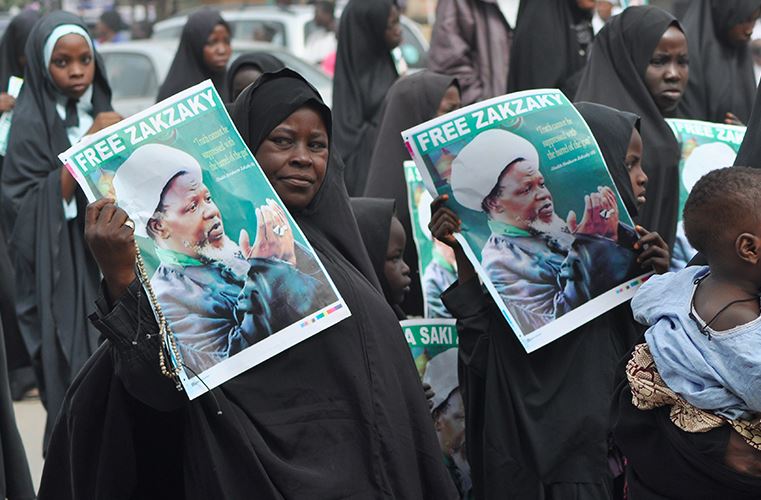Some states may have difficulty paying Christmas salaries as a result of the drop in federal allocation.
At the December meeting of the Federation Accounts Allocation Committee (FAAC) in Abuja, Kemi Adeosun, the minister of finance, revealed that the statutory allocation to the three tiers of government declined by N103.95 billion.
Briefing journalists after the meeting, Adeosun said the N369.88 billion available for distribution for the month was realised from statutory revenue, value added tax, exchange gain and refund made by the Nigerian National Petroleum Corporation (NNPC).
The nation got N297.45 billion in statutory revenue, N61.18 billion in value added tax, N4.92 billion foreign exchange gain and N6.33 billion refund made by the NNPC.
Advertisement
Adeosun said after deducting payment to the Nigerian Customs Service and the Federal Inland Revenue Service, the federal government received the sum of N139.5 billion while the states and local governments got N70.76 billion and N54.55 billion respectively.
In addition to the statutory revenue, the federal, state and local governments got N8.8 billion, N29.36 billion and N20.55 billion respectively from VAT revenue for the month.
With states struggling to pay up salaries due to dwindling oil revenues and smaller allocations, the pressure is even higher with smaller revenues at festive periods.
Advertisement
In December 2013, the states got N127.94 billion in statutory revenue, while the VAT collections stood at N44.03 billion, amounting to N171.97 billion not including NNPC refund and SURE-P funds.
At the December 2014 meeting of the committee, the federal, states and local governments shared a total of N628.78 billion as against N370 billion in December 2015.
The sharp decline would likely affect salaries and other recurrent expenditure across the states, with low internally generated revenue base.
Adeosun blamed the revenue decline on the ongoing maintenance and the shutdown and shut-in of production for repairs at different oil terminals during the month.
Advertisement
“Non-oil is beginning to play its part and that is a very positive sign, and I think that is something we should work together with by making sure that people pay their taxes and improve revenue collection,” she said.
Adeosun said the balance of the excess crude oil account currently stands at $2.58 billion.
1 comments








This is so sad that in 2015, states are still rushing to Abuja for monthly handouts from the Federal Government. Apart from Lagos, Delta, Rivers, and maybe one or two other states, most of the staates cannot survive without the monthly government alloction.
I think it is high time states start looking for means of generating funds internally. There is no state that is not endowed with either agricultural produce or mineral deposits, or both. These should be developed and states should stop depending on monthly allocations from Abuja.
It is a a federal government and it is high time we practice true federalism.